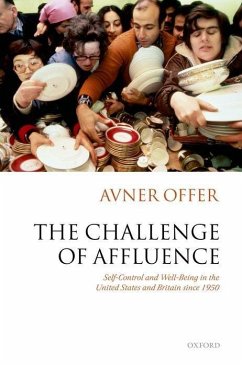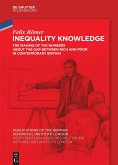Since the 1940s Americans and Britons have come to enjoy an era of rising material abundance. Yet this has been accompanied by a range of social and personal disorders, including family breakdown, addiction, mental instability, crime, obesity, inequality, economic insecurity, and declining trust. Avner Offer argues that well-being has lagged behind affluence in these societies, because they present an environment in which consistent choices are difficult to achieve over different time ranges and in which the capacity for personal and social commitment is undermined by the flow of novelty. His approach draws on economics and social science, makes use of the latest cognitive research, and provides a detailed and reasoned critique of modern consumer society, especially the assumption that freedom of choice necessarily maximizes individual and social well-being. The book falls into three parts. Part one analyses the ways in which economic resources map on to human welfare, why choice is so intractable, and how commitment to people and institutions is sustained. It argues that choice is constrained by prior obligation and reciprocity. The second section then applies these conceptual arguments to comparative empirical studies of advertising, of eating and obesity, and of the production and acquisition of appliances and automobiles. Finally, in part three, Offer investigates social and personal relations in the USA and Britain, including inter-personal regard, the rewards and reversals of status, the social and psychological costs of inequality, and the challenges posed to heterosexual love and to parenthood by the rise of affluence.








